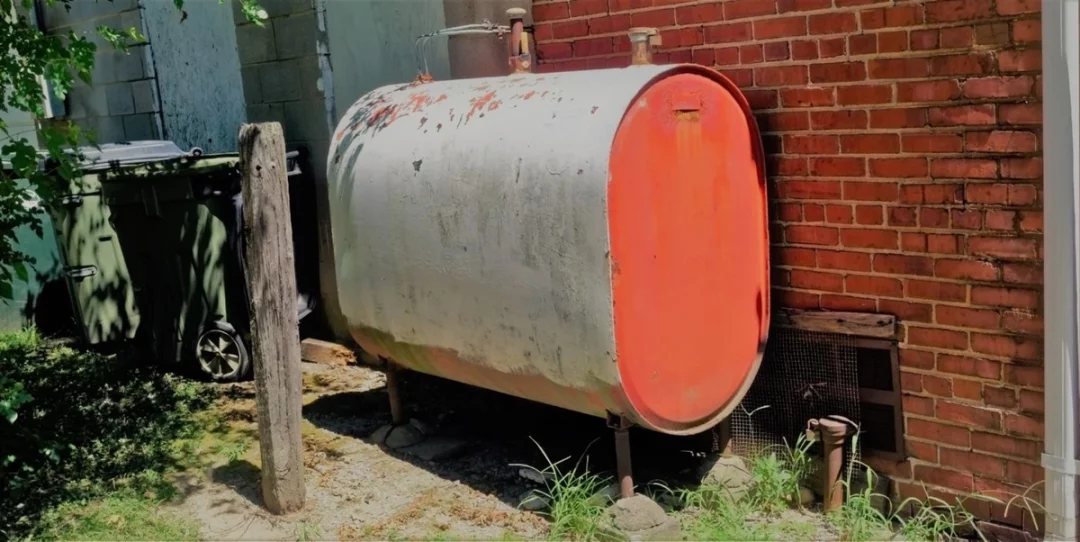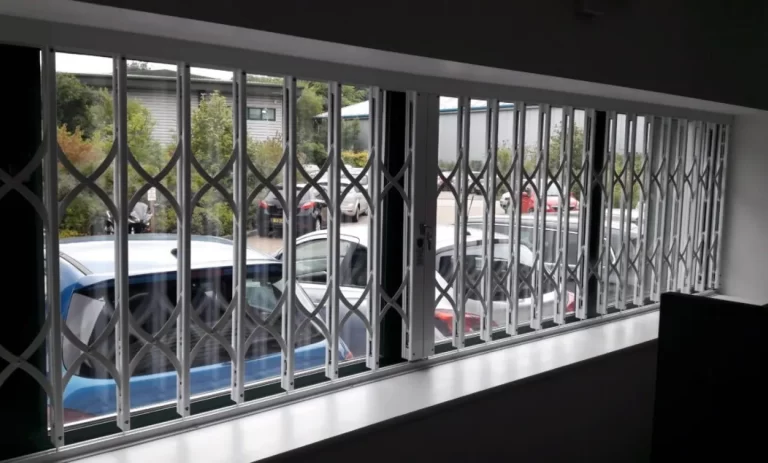Heating Oil Safety Tips You Need to Know
Heating oil is a commonly used fuel for residential and commercial heating systems. It provides warmth and comfort during the cold winter months, making it an essential resource for many households.
However, it’s important to ensure the safe handling and storage of heating oil to prevent accidents and maintain a secure environment. In this article, we will provide you with essential safety tips and guidelines to help you use heating oil responsibly.
Heating Oil Safety Tips You Need to Know

Heating oil safety is crucial to protect your home, family, and property. By following these safety tips, you can minimize the risks associated with heating oil usage.
1. Regular Maintenance of Heating Systems
Maintaining your heating system is vital to ensure its safe and efficient operation. Schedule regular inspections and maintenance checks by a professional technician.
They will inspect the system for any leaks, malfunctioning parts, or potential hazards. Regular maintenance can help identify and address issues before they escalate into more significant problems.
2. Install Carbon Monoxide Detectors
Carbon monoxide (CO) is a colorless, odorless gas that can be produced by malfunctioning heating systems. Install carbon monoxide detectors in your home, especially near heating equipment and sleeping areas.
These detectors will alert you if CO levels become dangerous, allowing you to take immediate action and prevent potential harm.
3. Adequate Ventilation
Ensure proper ventilation in the areas where heating equipment is located. Proper airflow is essential to prevent the accumulation of fumes and ensure the safe combustion of heating oil.
Keep the surrounding area clear of any obstructions and ensure vents are unblocked to allow for proper ventilation.
4. Proper Storage and Handling
When storing heating oil, it’s crucial to follow proper guidelines to prevent spills and leaks. Here are some essential tips for storage and handling:
1. Store heating oil in a designated tank or container specifically designed for that purpose.
2. Inspect the tank regularly for any signs of corrosion, rust, or damage. Address any issues promptly.
3. Keep the tank area clean and free from clutter.
4. Avoid overfilling the tank to prevent spills. Follow the recommended fill levels provided by the manufacturer.
5. If you notice a leak or spill, contact a professional immediately. Do not attempt to clean it up yourself.
5. Fire Safety Precautions
Heating oil is combustible, and it’s essential to take necessary fire safety precautions. Here are some tips to keep in mind:
1. Keep flammable materials away from heating equipment and storage tanks.
2. Install smoke detectors and fire extinguishers in your home, especially near heating equipment.
3. Have a fire escape plan in place and ensure everyone in your household is familiar with it.
4. In case of a fire, evacuate the premises immediately and contact emergency services.
6. Regular Inspections of Fuel Lines and Filters
Regularly inspect fuel lines and filters to ensure they are in good condition. Over time, these components can become clogged or damaged, leading to inefficient heating and potential safety hazards. If you notice any issues, contact a professional technician to address them promptly.
7. Professional Installation and Repairs
When installing or repairing heating systems, always hire qualified professionals. They have the knowledge and expertise to ensure proper installation, reducing the risk of accidents or malfunctions.
Attempting to install or repair heating equipment without the necessary skills can be dangerous and may void warranties.
8. Emergency Preparedness
It’s important to be prepared for emergencies related to heating oil usage. Here are some essential steps to take:
1. Keep emergency contact numbers readily available, including the contact information of your heating oil supplier and professional technicians.
2. Familiarize yourself with the location of shut-off valves and switches for your heating system.
3. Educate your family members on how to respond to heating-related emergencies.
4. Consider having a backup heating source in case of system failure or power outages.
Conclusion
By following these heating oil safety tips, you can ensure a secure and comfortable environment for your home and loved ones.
Regular maintenance, proper storage, and responsible handling are key to preventing accidents and maintaining the efficiency of your heating system.
Remember, safety should always be a top priority when using heating oil. Stay informed, take necessary precautions, and enjoy the warmth and comfort it provides during the colder months.
READ ALSO!!!






